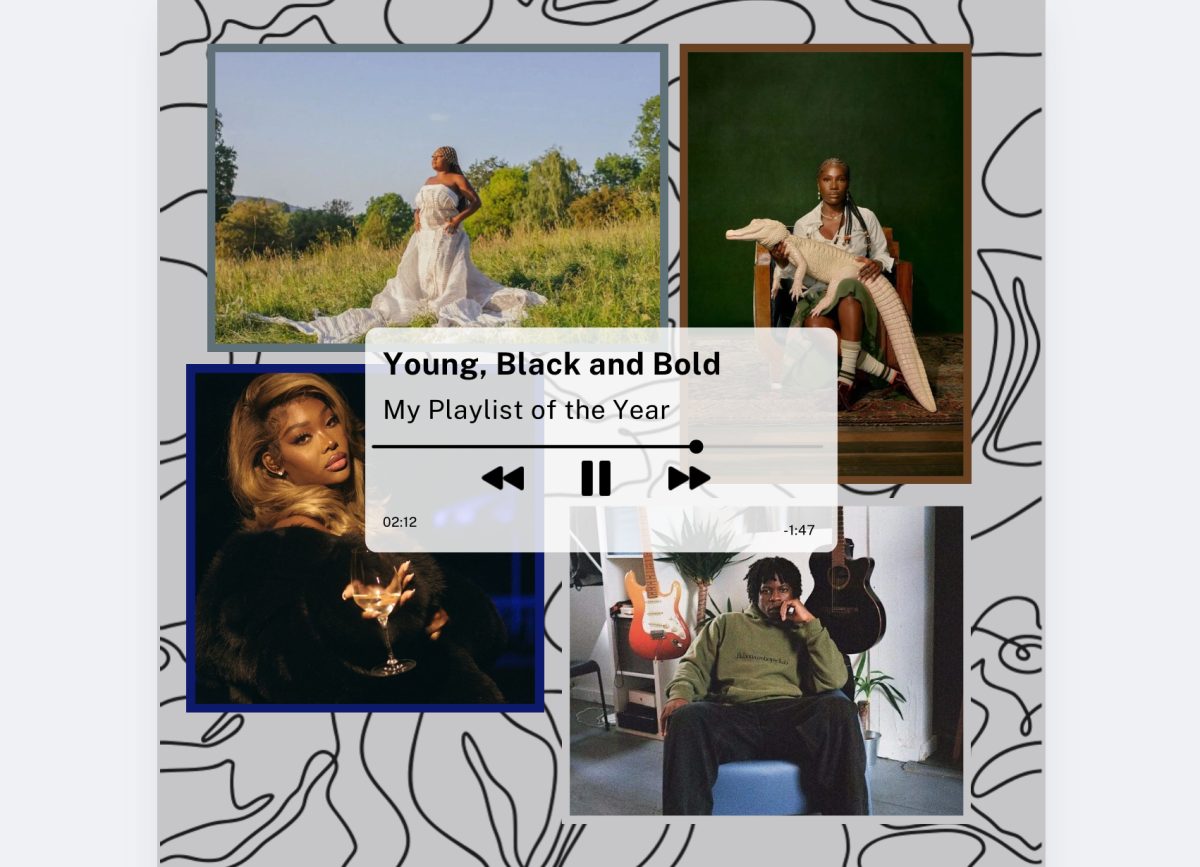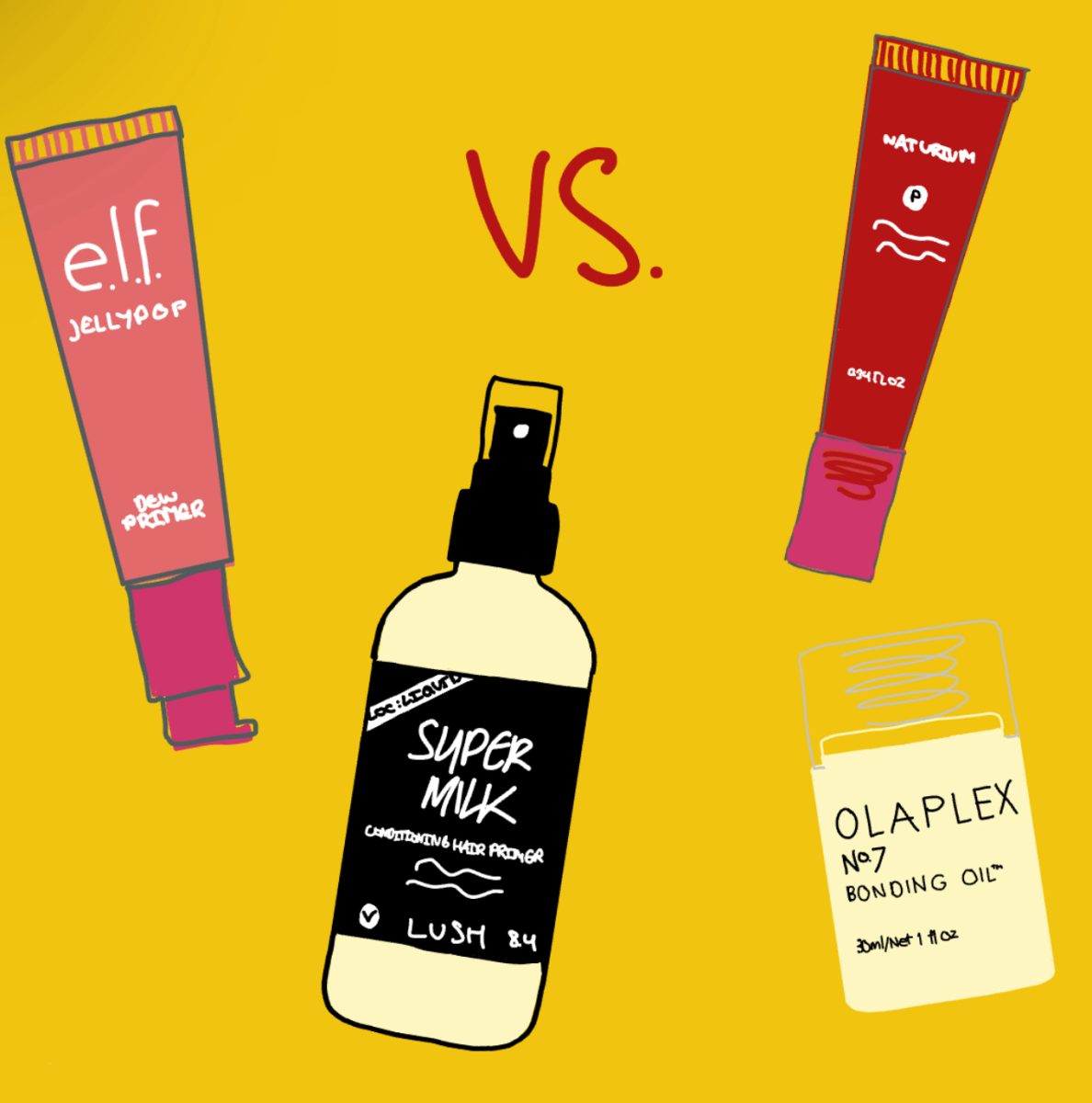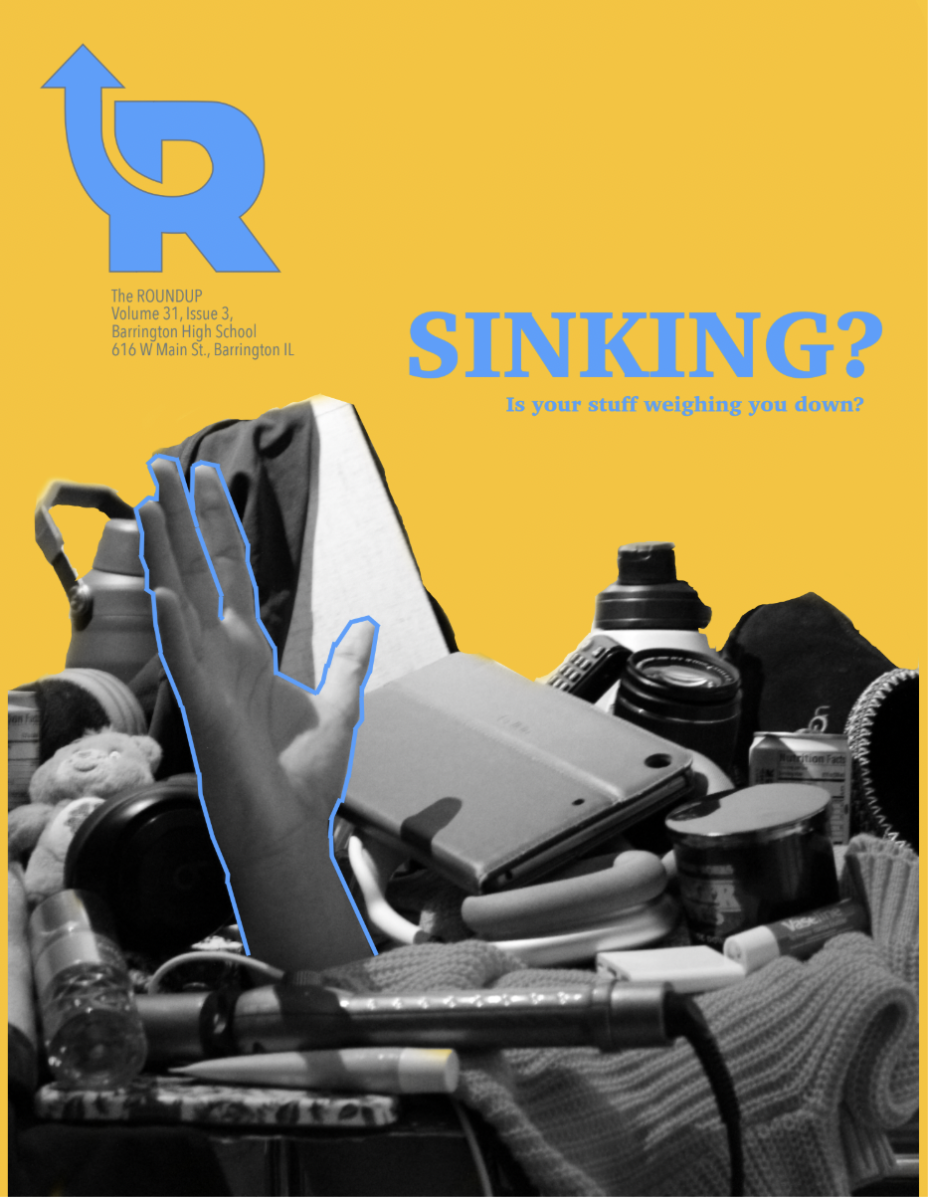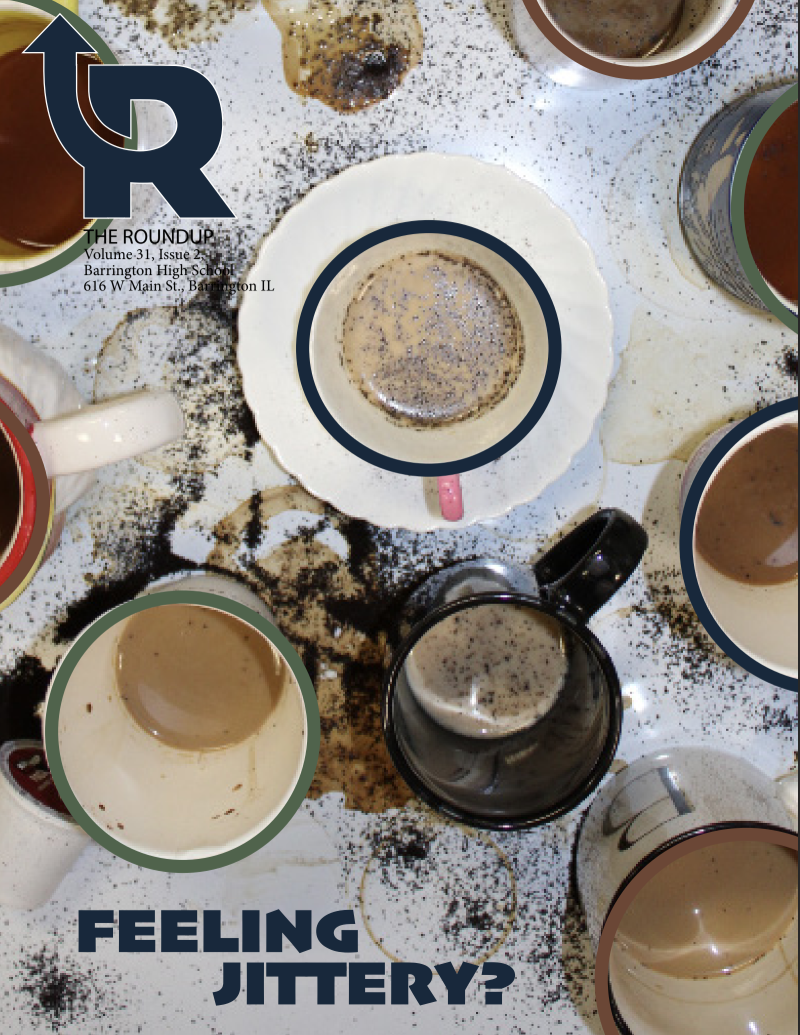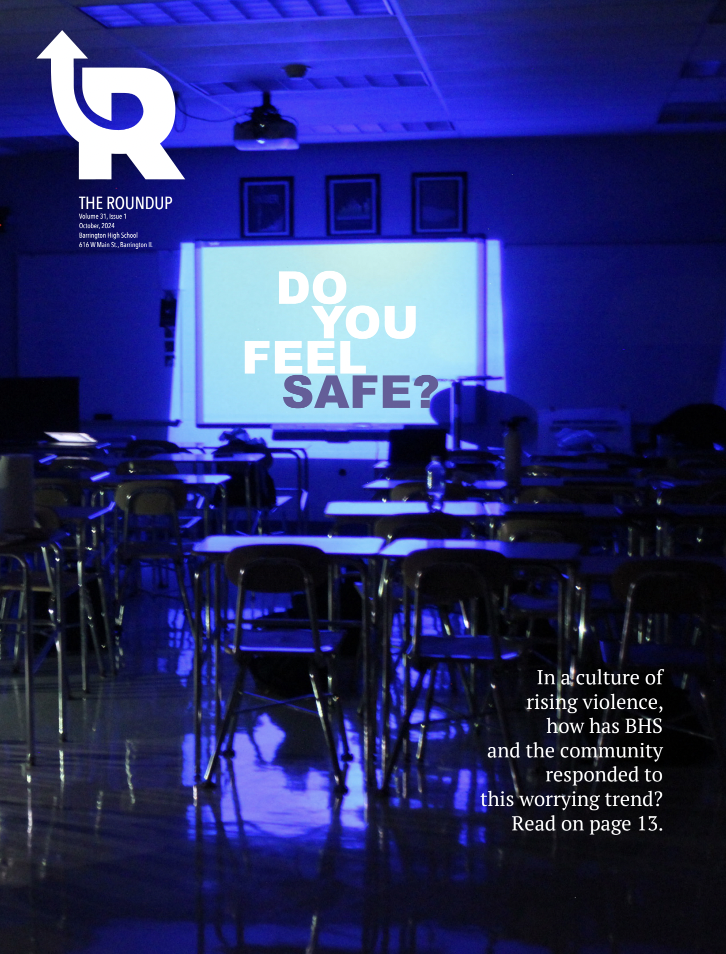The stigma behind men’s mental health

As a society we’ve recently progressed in recognizing mental health matters. Although this progression has helped many, the subject is still a taboo topic with men.
All people struggle with mental health, but in many studies, like the one done in 2018 by The American Foundation for Suicide Prevention, it’s been shown that men are around three times more likely to commit suicide than women in the United States.
This pandemic has left most people feeling isolated. A counselor at the wellness office, Kevin Art, spoke about the emotional drain the pandemic brought because of the lack of interaction.
“Human beings are social creatures and to be isolated is very emotionally draining, it can be depressing,” Art said.
With the pandemic, substance use has increased. A study done by the Center for Disease Control and Prevention shows overdose deaths rose by 27 percent from August of 2020 to August of 2021.
When it comes to death due to overdose, the Pew Research Center stated that overdose deaths rose by 50% in one year (2015-2016) among black American men living in urban counties.
Because mental health in men is often overlooked, the ways men cope with their mental struggles can be really damaging.
“A lot of men when they’re not feeling well, they turn to substances, alcohol, drugs, etc. […] that’s one major thing that really, I think, affects males disproportionately in this country,” Art said.
One contributing factor to this problem is stigma. Stigma is a disapproval of mental health that comes from society or a group of people, these negative feelings are oftentimes pointed towards males with mental health problems and causes them to not speak up about their emotions.
A male senior from the class of 2022, who decided to remain anonymous, shared that he’s not open about how he feels to others, “I don’t want to be judged,” he said.
The reason many don’t pay attention to men’s mental health is because of the negative reactions, “There’s like a stigma of men who’ll just say “Oh, I’ll just toughen up,” he said.
Plus, it is well known that there are expectations in gender roles. These expectations make it harder for men to get the help they need when it comes to mental illnesses.
“Boys are taught it’s not okay to cry, it’s not okay to show your emotions, you gotta be tough,” Art said. Strictly recognizing the role that men are expected to have.
Unfortunately, students at school also recognize this issue.
“Men are supposed to be men,” Jacob Cortes, ‘23, said sarcastically.
Art brought up the point that advertising and marketing can help out a lot. When you’re on an airplane, the first person you must help is yourself in case of an emergency. When you’re told to get a mask for oxygen, you’re the first person to put it on so you can help others around you,
“Mental health is the same thing. You’ve got to be mentally well, in order to be a productive member of society, […] a great dad, a good worker at your employment, etc, so, I think marketing is a big part of that,” Art said.
In order to prevent this issue people have to start small.
“If you’re younger and you’re taught that, Hey, emotions are okay. This is okay to feel, I feel like that could help in the long run,” Cortes said.
It’s important to teach younger boys that they can express themselves without feeling judged.
Men’s mental health is overlooked and the stigma that we have towards it should be changed.
“Men are just as susceptible, like women are just as susceptible [to mental health], don’t think that like stigma is attached to genders,” the senior said.
Your donation will support the student journalists at Barrington High School! Your contribution will allow us to produce our publication and cover our annual website hosting costs.




































